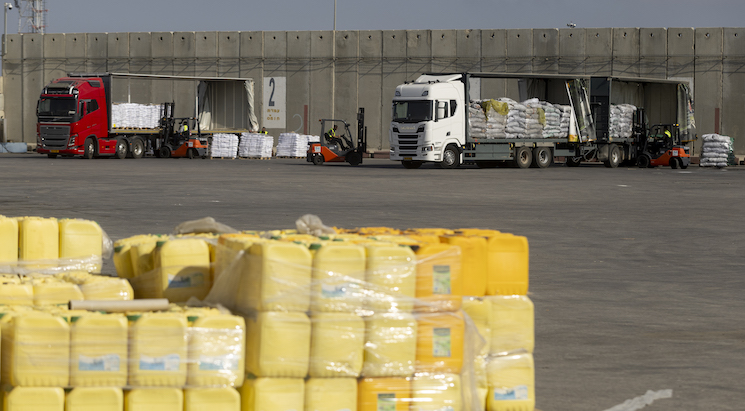At first I thought that U.S. District Judge John Bates's ruling that prisoners held at Bagram have the right to file habeas petitions with the U.S. courts was a disaster. But on closer examination, it doesn't seem so bad. He focused his ruling exclusively on non-Afghan prisoners detained by U.S....
Continue Reading
Subscribe to Commentary Magazine for unlimited access to this article and our complete 75-year archive.
📚
Complete 75-year archive access
📱
Ad-free reading experience
📖
Monthly print magazine
💎
Exclusive subscriber content
PRINT + DIGITAL (annual)
$
108
/year
Save 10%
- ✓ Every article, blog post & podcast, unlocked
- ✓ Access to all past issues since 1945
- ✓ Access to our curated iPad app
- ✓ PDF download of current issue
- ✓ Monthly print edition delivered to your door
- ✓ You can cancel anytime
PRINT + DIGITAL (monthly)
$
9.97
/month
- ✓ Every article, blog post & podcast, unlocked
- ✓ Access to all past issues since 1945
- ✓ Access to our curated iPad app
- ✓ PDF download of current issue
- ✓ Monthly print edition delivered to your door
- ✓ You can cancel anytime
Already a subscriber? Sign in here
Join thousands of readers who trust Commentary Magazine for intelligent analysis and thoughtful discussion.
+
A
A
-




